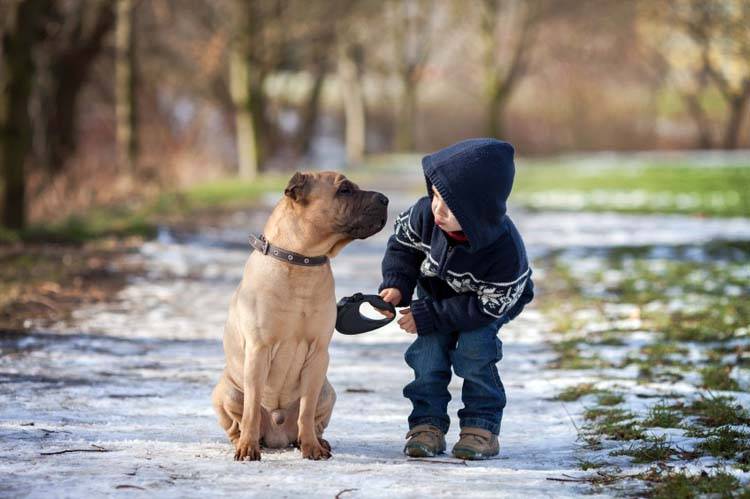Choosing the Best Dog for Your Kids
Often the biggest question for pet loving parents is, “What is the best dog for my child?” Here are some tips that can help you decide the best dog for your family.
Factors to Consider When Adopting a Dog
Dog Breed and History
When first choosing a dog, you always want to look at the breed’s genetic makeup. How was the dog raised? Where was the dog born? You should research the breed’s genetics and behavior traits to make sure there is no risk to your child.
If puppies go through a lot of negative experiences early in life, such as a bad shelter experience, mishandling or mistreatment, these events could cause a new pet owner to be wary when bringing this puppy home around a small child.
RELATED: 4 Tips for Bringing a New Pet Home
This doesn’t mean you should exclude getting a dog from a shelter, but you may want to consider an older dog from a shelter. By getting an adult shelter dog, you’ll be able to get a better idea as to what breed the dog is, which will help you better determine his natural behaviors.
Activity Level
Another factor is activity level. You can’t determine the dog’s activity level at the shelter. He may be stressed or depressed, which makes him look less active. It’s hard to assess the temperament level of a dog until he’s been out of the shelter environment for at least several weeks to several months.
Temperament and Age
A great idea is to get an even tempered adult dog for your young child. Children can stress dogs out by the way they treat them (e.g. pulling on fur, ears, tail and paws). Parents need to supervise their children with their dogs, and recognize that the child’s behavior can affect the dog’s temperament and future behaviors. Even if the dog doesn’t react immediately to something a child does, the dog may be masking his feelings and behavior.
Adult Dogs are Sometimes the Better Choice
Many families automatically want to adopt as young of a puppy as they can find. However, you can prevent many problems from happening by adopting an adult dog with a stable temperament who is known for being excellent around children.
RELATED: Why You Should Adopt a Senior Pet
It also helps if the dog is of a size to where the child could not hurt him by playing rough. If you can, you want to meet the previous family the dog came from and find out their history. If you find the dog is good with children, he may have been given away for other reasons (e.g. a lack of training), in which a dog trainer can come in handy.
If you do decide to get a young puppy, parents need to know that a puppy is very high maintenance. Puppies require a lot of time, care, training and patience. You can learn everything from socializing your puppy to teaching your canine basic obedience cues in puppy training classes. This will give your dog the best chance of growing into a child-safe adult dog.
Is Your Child Ready for a Dog?
You need to make sure your child is old enough to handle a dog. An older child has a better understanding of how to treat a dog. Usually the best age is school age, but, in the meantime, keep a dog with a great temperament around younger children to prepare them for one of their own.
Choosing to add a new canine member to the family is a huge decision. Getting a dog at the right time can be a great asset to your family. Wonderful memories are acquired from children and dogs, and together they build an everlasting friendship.
You may also like: How to Select a Dog Breed Part 1





